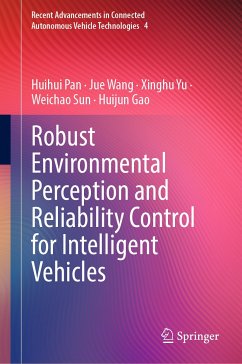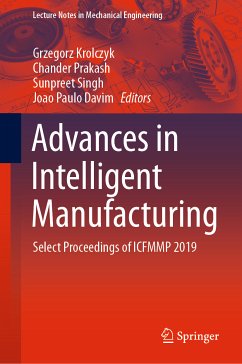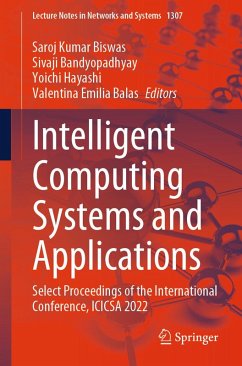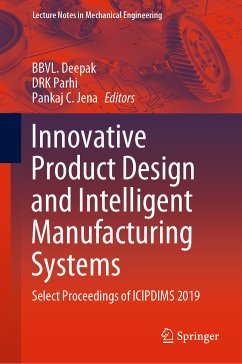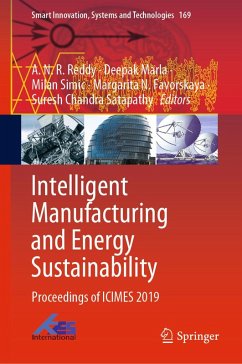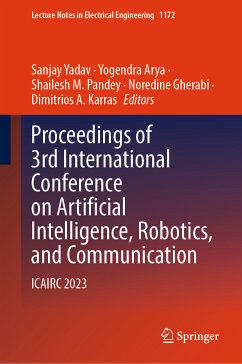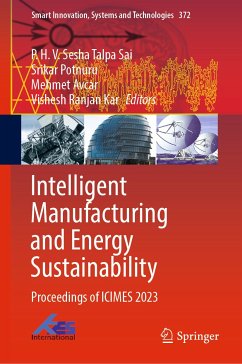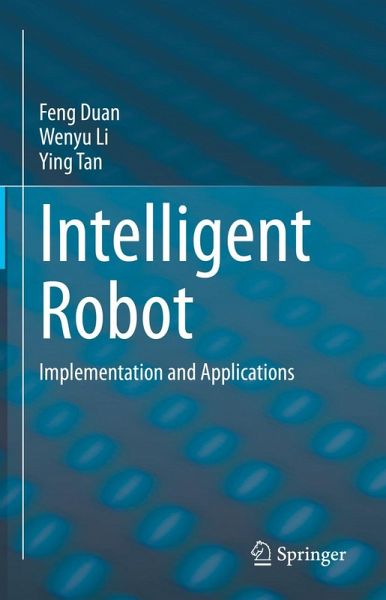
Intelligent Robot (eBook, PDF)
Implementation and Applications
Versandkostenfrei!
Sofort per Download lieferbar
56,95 €
inkl. MwSt.
Weitere Ausgaben:

PAYBACK Punkte
28 °P sammeln!
Today, the development of robots is making steady advances. In particular, the Robot Operating System (ROS) offers a unified platform that greatly facilitates the development of robots and has become a new hotspot for learning and application in the field of robotics research.This book introduces readers to the key technologies and development methods for ROS-based intelligent robots. Covering both the development history of robots and various aspects of programming robots, it offers effective support for beginners.The book is divided into three parts, the first of which introduces the basics ...
Today, the development of robots is making steady advances. In particular, the Robot Operating System (ROS) offers a unified platform that greatly facilitates the development of robots and has become a new hotspot for learning and application in the field of robotics research.
This book introduces readers to the key technologies and development methods for ROS-based intelligent robots. Covering both the development history of robots and various aspects of programming robots, it offers effective support for beginners.
The book is divided into three parts, the first of which introduces the basics of robots, including their definition, development, composition, and key technologies. In turn, the second part covers the hardware and software components and the implementation of functions such as vision, speech, grasping, and autonomous navigation. These functions need to work together to provide user-friendlier and more intelligent service. The third part shows howto develop robots with different functions in different application scenarios.
Combining theoretical and practical aspects, with a strong focus on application, this work can be used as a reference book for robotics-related courses. Moreover, it will benefit all readers who are interested in intelligent robot development, sharing essential insights into developing service robots based on ROS.
Dieser Download kann aus rechtlichen Gründen nur mit Rechnungsadresse in A, B, BG, CY, CZ, D, DK, EW, E, FIN, F, GR, HR, H, IRL, I, LT, L, LR, M, NL, PL, P, R, S, SLO, SK ausgeliefert werden.




